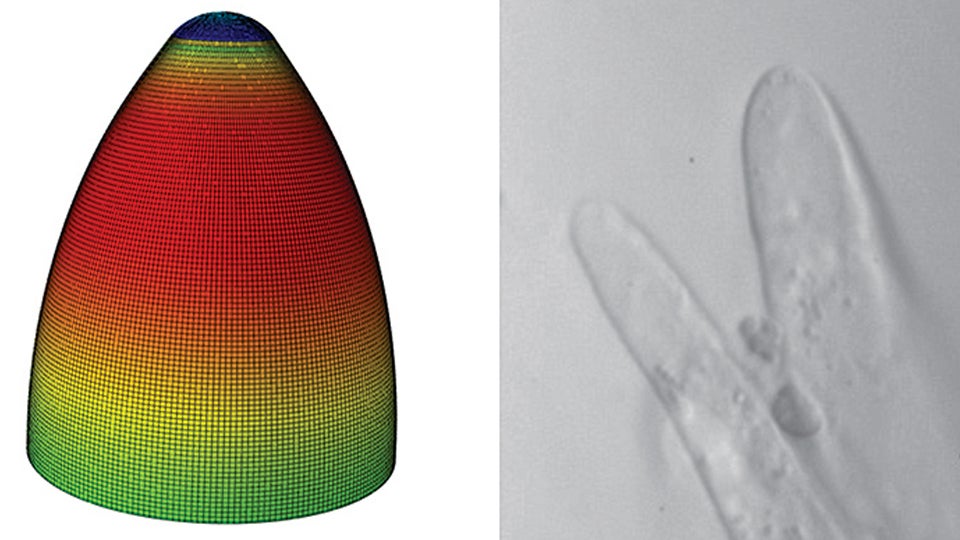Purdue awarded grant to improve cotton fiber engineering
WEST LAFAYETTE, Ind. (Inside INdiana Business) – The National Science Foundation has awarded a $2.3 million grant to Purdue University. The university says the grant will help Purdue cell biologist Dan Szymanski and his team to improve the properties of cotton cells.
Purdue says the U.S. grows high-yielding types of cotton that have fibers that are thicker and shorter than luxury pima cotton from Egypt. The grant will allow Szymanski, the principle investigator for the grant, to improve the shape and mechanical properties of cotton cells for U.S. growers.
“We’re using systems-level data and computational modeling to engineer cotton with desired cell wall characteristics,” said Szymanski. “The first step is to clearly define the underlying regulatory circuits that control fiber cell wall properties and morphology. The next step will be to create mechanical models of the cell that, through cycles of experimenting, modeling and refinement, can predict how to engineer specified fiber traits.”
The traits Szymanski’s team will engineer can be simplified from the single cells that emerge from the developing seed coat. Szymanski says the blending of biology, engineering and statistics will be key to filtering and integrating data to make progress toward altering cotton cell shapes.
“This model is used for other materials, but it’s ideal for simulating the conditions that will be present in a thin-walled, pressurized plant cell. It’s a powerful tool, and we are driving its use in the field of plant growth control,” Szymanski said. “That modeling framework can help guide our experiments to engineer cell wall properties that control a particular trait.”
The university says the experiments will generate a large amount of data that will be mined and analyzed to determine what’s valuable and how to apply it to future experiments.
